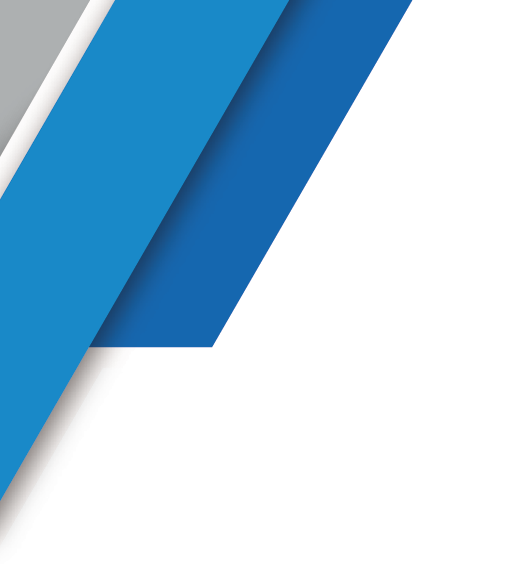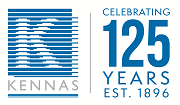
7 HEALTHY TAX MINIMISATION TIPS FOR PROFESSIONALS
18 May 2020 | Health
Busy health professionals and other entrepreneurs know that being time-poor is pretty much a constant, from day to day. You’re busy running your practice and expanding your business, so taking care of tax minimisation assumes a priority in your calendar somewhere between cleaning out the pantry or checking the windscreen wipers.
It does pay to have professionals (like your team at Kennas) stay on top of this for you – especially as regulations change regularly, and ‘tax creep’ literally happens right before your eyes.
We’ve put together a few things you can do to help minimise your tax and keep your hard-earned money where it belongs – in your bank account.
1. Use a mortgage offset account
Have you accumulated some “spare” cash but are not sure what to do with it? If you have a property loan, putting any extra cash into an offset account can not only reduce the amount of interest payable on the loan, but it will also stop you paying tax on the interest you would otherwise have earned.
2. Maximise your superannuation contributions
Maximising your super contributions can provide big tax savings. For a health care professional earning over $80,000 per year (but under a $250,000 tax office cap), every $10,000 you put into super up to your maximum deductible amount ($25,000) will save you approximately $2,500 tax! You can even put in more than your deductible cap (up to certain limits) into superannuation. Additionally, income earned via investing in superannuation is taxed at a maximum of 15% on earnings and 10% on capital gains. Superannuation is very good for asset protection, and once you start drawing a pension from your super fund your earnings become tax free in super.
3. Consider a discretionary family trust
A trust is a separate investment structure where assets are controlled by one or more persons (the trustees) on behalf of a group of other persons (the beneficiaries). A discretionary trust allows the trustee to decide who gets the income and capital the trust owns. These can suit someone on the highest tax bracket with family members who are on lower tax rates. Trusts also help protect your hard-earned wealth if you are in a high-risk occupation and prefer not to own assets in your own name.
4. Plan your transition to retirement
If you have met your preservation age, the combination of salary sacrificing pre-tax income into super and drawing an income from super benefits can be very tax effective. Not only does it get more into your super fund, but your cash flow remains the same. The income tax reduction comes about thanks to receiving less salary income (and therefore paying less tax) and more concessionally taxed pension income from your super fund.
5. Leave money in investment bonds
Earnings from an investment bond are excluded from personal income tax because the bond provider pays the tax at 30% internally, leaving you nothing to declare on your tax return. To get the full benefits, you have to leave your money in the bond for 10 years. After this, there is NO tax to pay! It is possible to get access to the money before 10 years, but then there will be some tax payable. This is an excellent conservative strategy to employ for long-term savings accounts such as children’s accounts and education accounts.
6. Set up an investment company
Setting up a company through which investments are bought is one way of ensuring the tax paid is never more than 30%. Income-type assets are best held in a company, and growth-style assets are best held by a super fund where the tax on capital gains is just 10%.
7. Negatively gear rental property
Negative gearing involves the purchase of a rental property where the costs of holding the property (loan interest, rates, repairs, etc) outweigh the rental income. The loss that is generated is offset against the owners’ other taxable income, and a tax benefit if received for the tax loss. In effect the tax office subsidises the loss.
While this tax benefit sounds great, remember that to make money from a rental property investment you need capital growth to at least cover the after-tax shortfall on rent. Another matter to consider is that in the past, health care professionals have avoided owning assets in their own name as a form of asset protection.
But these days many health professionals are making the decision that if they can minimise potential risks through good work practices, and they have insurance against the risk in which they feel confident, then the risk of owning assets in their own name is small, and they feel safe negative gearing into property in their own name.
While most of these strategies are basic, they are not necessarily straightforward to implement or maintain to ensure the highest productivity for your money, especially when you are laser-focused on your profession. That’s where we come in.
Make a time to have a quick diagnostic chat with the healthcare specialists at Kennas – we’re happy to be flexible with timing to work in with you.



